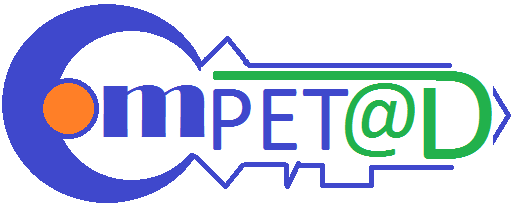As professionals, we definitely invest time in developing our skills. We train our communication skills, leadership, presentation skills, our image, and many more. One of the most important often highly overlooked skills is negotiation. Good negotiation skills allow a professional to reach beneficial agreements, meet goals, and work well with varying individuals. In short, it helps you get the job done.
A wise HR professional is able to negotiate a good salary with incoming employees. He is also able to negotiate a balanced diversity of workload from his boss. He can look after the best interest of the business by negotiating with other employees. In managing performance, negotiating a reasonable objective for your employee is also very crucial.
Negotiation is achieved when you lead to an agreement through discussion and compromise. It is not about persuading a person to take a side an issue. In negotiation, there is usually a goal you need to achieve and you need to coordinate with other individuals to achieve it. While it may be very convenient if you can just have someone do as you bid, it is more often a rare case in the work place. You are usually tied to making agreements with coworkers, suppliers, and managers to reach your goals. Because of this, negotiation becomes a method that involves creating, keeping, and enhancing your relationship with others to create temporary or lasting benefits.
For a company, negotiation helps in effective purchases. Everyone, companies included, need to save for the rainy days. Because of this, employees are encouraged to negotiate at the best level possible with the intention of getting the best results. This can be done by knowing the value of what you are purchasing. For hiring professionals, it is about knowing the value of the skills you are hiring in the market.
In order to create, keep, and enhance relationships with people for better negotiation, it is necessary to be respectful and dignified in your conversation. If it is price you are bargaining, be willing to give it a little less than your tag price, but keep in mind that the business owner also needs to get some profit from the deal. In essence, you would like to keep a well-maintained balance between both parties involved in order to come up with a truly effective negotiation.
There are many ways on how you can prepare yourself for a win-win negotiation process. If you would like to learn and enhance your negotiation skills more, you may also enroll in our negotiation skills workshop. Simply click this link for more information. Call us if you want to know more thru (02)4333342 and (0998)5624984 to 85.
Photo credits to tradegecko.com


